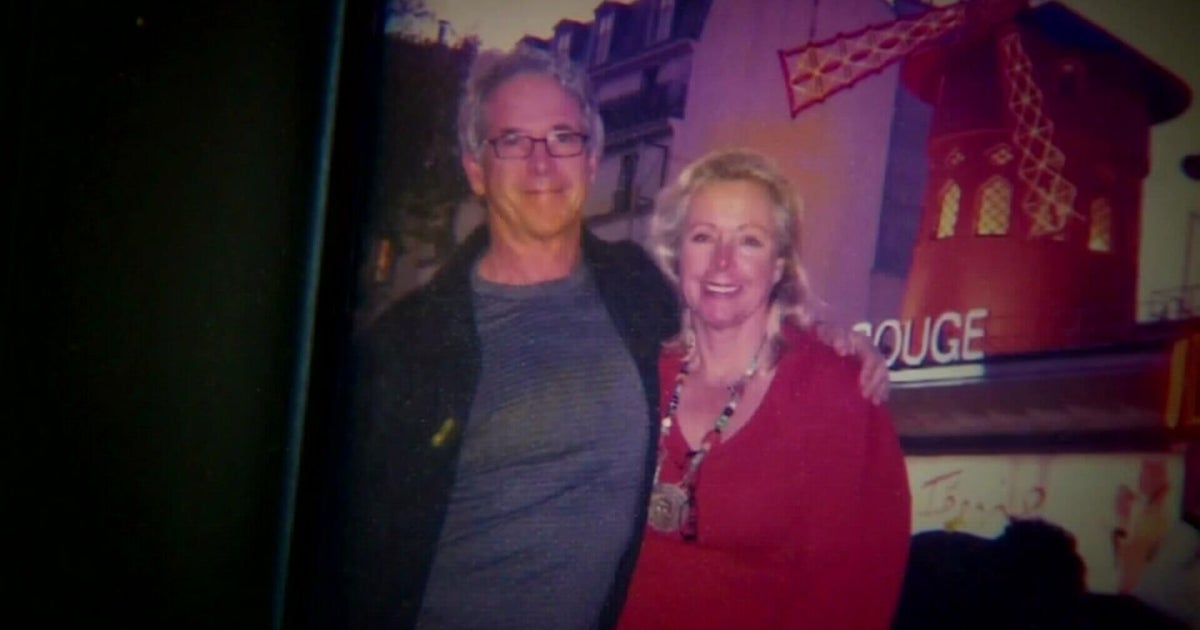Somali Woman Linked To al-Shabab Gets Prison For Support
SAN DIEGO (AP) — A woman who fled war-torn Somalia as a child was sentenced Tuesday to eight years in prison for sending $1,450 to members of a terrorist organization in her native country.
Nima Ali Yusuf, 26, turned her chair in a San Diego courtroom to an audience packed with dozens of family and supporters, choking back tears as she declared, "God bless you and do not give up on me." In a letter to the judge, she insisted she wasn't a terrorist and said her contributions were motivated by a desire to provide food and medical care for those in need.
Yusuf is the first person to be sentenced in a nationwide crackdown on supporters of al-Shabaab, which is designated by the U.S. Secretary of State as a terrorist organization. About two dozen people have been charged, mostly in Minnesota.
Yusuf, who pleaded guilty last December to one count of conspiracy to provide material support to a foreign terrorist organization, acknowledged sending money to four people she knew were backing al-Shabaab in 2009 and 2010 and lying to FBI and Homeland Security investigators about the payments.
Prosecutors and defense attorneys struggled to cite a similar case for U.S. District Judge Barry Ted Moskowitz, who sought to distinguish the modest amount of money that Yusuf sent from someone who funnels millions of dollars or weapons.
Sabrina Feve, an assistant U.S. attorney, noted Yusuf knew she was giving money to al-Shabaab members and said she was "part of a chain of events that resulted in loss of life."
"You are looking at the dollar amount and I am looking at the loss of life and potential loss of life," she told the judge.
Moskowitz eventually settled on a prison sentence that was close to the 10 years that prosecutors sought, saying it was important to deter others. The maximum penalty was 15 years.
Yusuf's attorneys recommended five years in prison, saying the money was to help friends with living expense and debt relief and not intended as "direct support" for al-Shabab.
Yusuf's contributions were a "product of friendship rather than support (for) activities of the terrorist organization," the defense attorneys wrote.
Yusuf and her family fled Somalia to a refugee camp in Kenya when she was 4 and returned when she was a teen. In her letter to the judge, she said she was gang-raped by soldiers when she was 13.
The family was granted asylum in the U.S. when Yusuf was 15. They settled in Salt Lake City and later moved to San Diego.
"I am and will always be thankful to this country for the help my family was given. There's nothing but sorrow in my heart for causing this problem and cost to the government," Yusuf wrote the judge.
The prosecutor characterized Yusuf at the time of her involvement with the fighters as an insecure woman in her mid-20s "whose extremist beliefs made her feel better by making her feel part of something big."
"She clearly relished her proximity to the fighters and the reflected glory she felt when describing their exploits and tribulations to her friends," Feve wrote the judge.
The U.S. may try to return Yusuf to Somalia when she completes her sentence, but the prosecutor said the two countries do not have a deportation treaty. As a result, the vast majority of Somalians who are ordered deported are released in the U.S.
(© Copyright 2012 The Associated Press. All Rights Reserved. This material may not be published, broadcast, rewritten or redistributed.)







